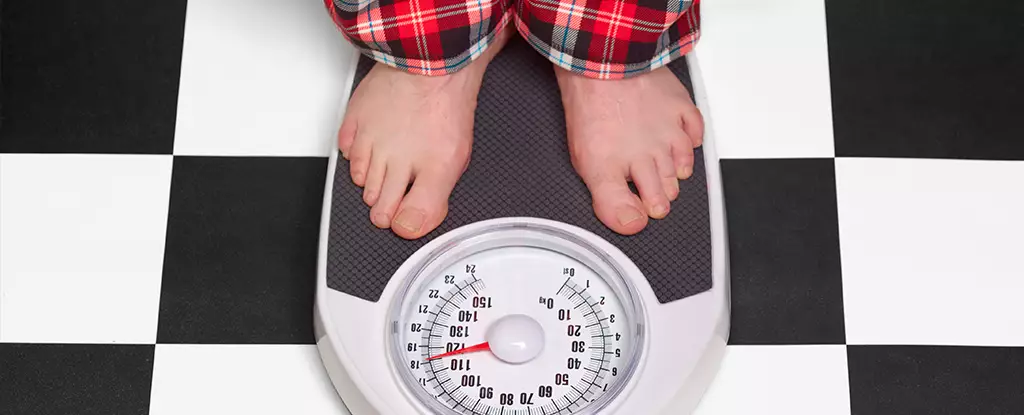The debate surrounding the use of bathroom scales for weight management is ongoing. Some experts recommend daily weigh-ins to stay accountable while following a diet and exercise program. However, others argue that frequent self-weighing can lead to negative psychological responses and unhealthy behaviors. Despite these differing opinions, many health professionals advocate for weekly weigh-ins as a more balanced approach for weight management.
Research has shown that regular self-weighing can be an effective strategy for weight loss and management. A systematic review of 12 studies found that participants who weighed themselves weekly or daily over several months lost more BMI units and regained less weight than those who did not weigh themselves frequently. This highlights the benefits of consistent monitoring of one’s weight for long-term success.
As adults age, they tend to gain weight gradually. While the average annual weight gain is around 0.5-1kg, this can accumulate over time and lead to obesity. Weekly weighing and tracking results can help prevent unnecessary weight gain and promote healthier habits as we age. Additionally, monitoring our weight can also help identify potential medical issues early, such as thyroid problems, digestion issues, and diabetes.
Our body weight can fluctuate throughout the day and week due to various factors. These fluctuations are often related to water content in the body and can be influenced by food intake, exercise, hormonal changes, and bowel movements. It’s important to recognize that these fluctuations are normal and not indicative of significant changes in body fat or muscle mass. However, fixating on these fluctuations can lead to unnecessary stress and an unhealthy obsession with weight.
Weighing oneself too often can create an unhealthy fixation on the number on the scale and lead to negative behaviors. This can result in further food restrictions, fad dieting, and increased stress. Research has shown that frequent dieting can actually make individuals more susceptible to weight gain and future weight issues. Therefore, it’s essential to find a balance in weighing frequency to avoid detrimental effects on mental and physical health.
When weighing yourself, aim to do so weekly on the same day, at the same time, and in the same environment. This consistency can provide an accurate measure of weight trends over time. Additionally, using high-quality scales, regularly changing batteries, and checking accuracy with a known weight can ensure reliable measurements. Remember that the number on the scale is just one piece of the puzzle in health and weight management. Pay attention to how you feel physically and emotionally, and seek professional help if weighing yourself causes anxiety or stress.
The use of bathroom scales for weight management can be a valuable tool when approached with balance and understanding. Weekly weigh-ins can provide insight into weight trends, promote awareness of changes, and help prevent unnecessary weight gain. By recognizing fluctuations, avoiding obsessive behavior, and focusing on overall well-being, individuals can use bathroom scales as a supportive tool in their health journey.



Leave a Reply